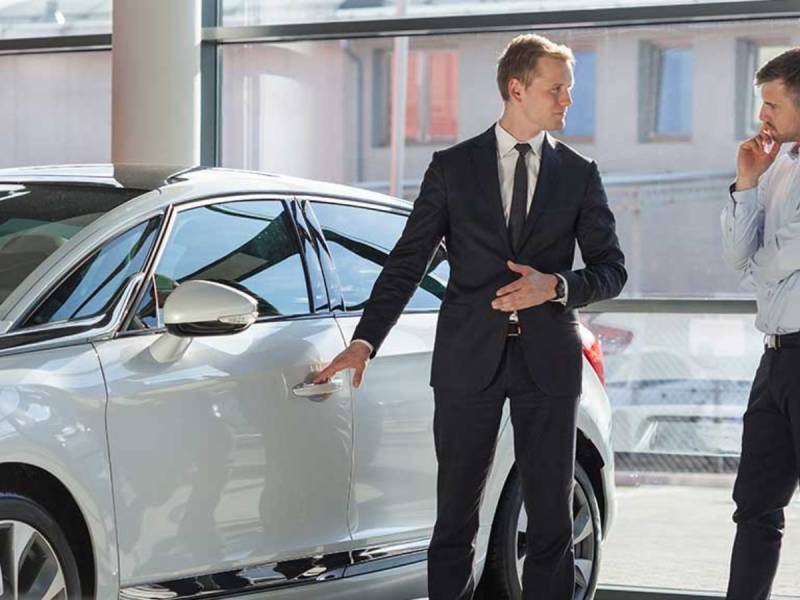The pandemic has impacted the automotive industry in lots of ways. Our roads were left almost empty at the beginning of the first UK lockdown, while dealerships were forced to close for months on end. Yearly sales dropped by 30% to the lowest levels in almost 30 years. But with some form of normality on the horizon, what does the future hold for car buying?
Like many industries, the automotive sector has been forced to adapt to shifting consumer habits and expectations. Below we highlight the trends that have emerged before looking ahead to see how things might work in the next decade.
 Less physical interactions
Less physical interactions
Whether looking for used cars or new models, the temporary closure of dealerships appears to have permanently changed how consumers interact with sellers.
Whereas the average person might have taken multiple visits to showrooms a couple of years ago, today’s buyers are more likely to bounce around multiple digital touchpoints like they would with other products and services. Third-party reviews from respected publications and peers now hold enormous weight.
That being said, many are confident that the traditional dealership still has a role to play. Whereas buying food or everyday clothing items can be just as satisfactory online, buying a car remains an incredibly personal and financially significant decision that most will still prefer to finalise in person.
An electric revolution
It’s no secret at this point that electric cars are the future. Sales increased in 2020 while traditional segments dipped, and it’s a trend that has continued into 2021.
Brand loyalties in this market are effectively reset to zero, which creates opportunities for certain brands to take over and own the space. Many are working with ambassadors and influencers to win the battle with informative third-party content, tying into the importance of online reviews touched on above.
What will the future of car buying look like?
So how might we buy cars in ten years’ time? It’s highly likely that consumers will start their research online, with dealers collecting data and providing personal recommendations to cater more to individual preferences than to brands.
We could see physical dealerships undergo a technological transformation too. Rather than housing hundreds of models in different trims and colours, dealerships might instead offer a select few that can be modified through virtual reality. This way buyers could compare features and aesthetics instantly.
Can you imagine buying a car online or through virtual reality in the future? With so much technological and societal change afoot, it will be intriguing to see how the automotive industry continues to evolve as we enter a new era.

Founder Dinis Guarda
IntelligentHQ Your New Business Network.
IntelligentHQ is a Business network and an expert source for finance, capital markets and intelligence for thousands of global business professionals, startups, and companies.
We exist at the point of intersection between technology, social media, finance and innovation.
IntelligentHQ leverages innovation and scale of social digital technology, analytics, news, and distribution to create an unparalleled, full digital medium and social business networks spectrum.
IntelligentHQ is working hard, to become a trusted, and indispensable source of business news and analytics, within financial services and its associated supply chains and ecosystems










